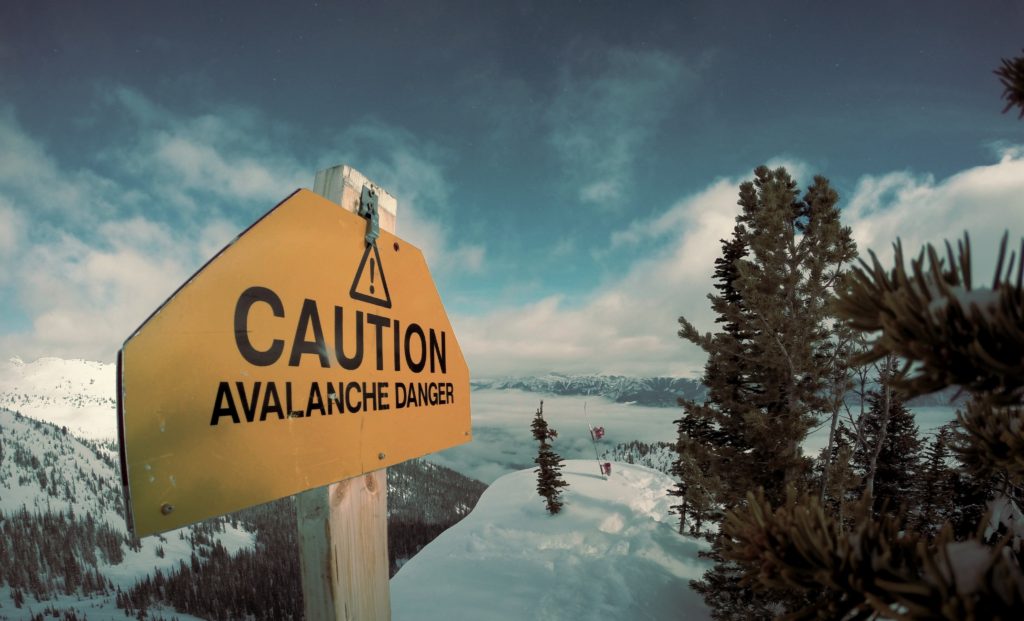“What we’ve got here is failure to communicate.” Cool Hand Luke
A law school professor once told me the easiest question to grade on an exam is the one where the student fails to provide any answer at all. So too is the case for the IP practitioner who chooses to ignore a USPTO ethics investigation.
Indeed, for those practitioners who “blow off” the OED Director and refuse to participate in disciplinary proceedings, an exclusion from practice before the USPTO is essentially unavoidable. By comparison, a practitioner who engages in essentially the same misconduct, but who “owns” their misconduct, attempts to mitigate their bad behavior, and cooperates with the OED’s investigation, is far more likely to avoid the “ultimate sanction” of exclusion (the USPTO’s term for “disbarment”).
The point is illustrated in two different USPTO disciplinary cases. Both cases involve relatively serious practitioner misconduct: In re Carl J. Schwedler, Proc. No. D2015-38 (USPTO Dir. March 21, 2016) and In re Juliet M. Oberding, Proc. No. D2015-06 (USPTO Dir. Feb. 12, 2016). In one case, the practitioner was excluded. In the other, the practitioner received a 60-day suspension.
The Schwedler Case
Schwedler involved a patent attorney who agreed to take over prosecution of a client’s patent application from another attorney. Mr. Schwedler failed to file a response to a Final Office Action, resulting in the abandonment of the application.
After not hearing anything for some time, the client’s son researched the USPTO’s website and discovered that the application had been abandoned. After multiple failed attempts, the client’s son finally reached Mr. Schwedler, who advised him that “I have everything in order for filing the response.” When the client’s son asked for an explanation for why the application had been abandoned, the attorney downplayed his conduct as a docketing error and represented that he was “ready to move forward aggressively on your father’s case.” Mr. Schwedler, however, took no further action on the client’s application. Another registered practitioner ultimately was engaged and got the client’s patent application revived.
Thereafter, the OED initiated an investigation. Mr. Schwedler, however, failed to respond. The OED Director then filed a disciplinary complaint accusing Mr. Schwedler of ethical misconduct for his abandonment of the client, misrepresentations, as well as for failing to cooperate with the OED’s investigation.
Mr. Schwedler failed to take part in the disciplinary proceedings. An administrative law judge found in favor of the OED Director and entered a default judgment excluding Mr. Schwedler from practice before the USPTO.
The Oberding Case
The Oberding case involved a trademark practitioner who lied to her client on multiple occasions regarding the status of her trademark application.
Each time the client contacted the attorney, Ms. Oberding assured her that the application had been filed. For example, on June 23, 2012, the client e-mailed Ms. Oberding for a status update on the trademark application. Ms. Oberding’s e-mailed reply claimed, “everything is great.” However, she had yet to file the trademark application with the USPTO.
This went on for two years. Each time the client communicated with Ms. Oberding, she assured her that everything was in order and the USPTO was just, in effect, being slow. Two years after the initial engagement, Ms. Oberding finally filed Ms. Berg’s trademark application.
The OED investigated. Ms. Oberding cooperated fully with the OED staff and stipulated that her conducted violated multiple provisions of the USPTO’s ethics rules, including misconduct involving dishonesty or misrepresentation involving a client matter, neglect, and lack of diligence in the representation.
Notwithstanding the seriousness of her offenses, Ms. Oberding received a sixty (60) day period of suspension plus a two-year probationary period.
The OED does not like to be ignored. Not only do USPTO practitioners have an ethical duty to cooperate with an OED investigation, but failing to cooperate by ignoring the OED is just plain dumb (that is, unless you really do not care about whether you have a license to practice law).
When a practitioner thumbs his nose at Bar Counsel, that type of conduct serves no purpose other than to really just tick off everyone on the investigation and enforcement side of the disciplinary ball–from the OED staff members who conduct investigations, to the OED Director, to the solicitors who prosecute disciplinary cases, to the administrative law judges who hear those cases and who recommend disciplinary sanctions.
That is not to say that cooperating with the OED will necessarily mean that you will not get excluded from the USPTO. Some misconduct is just so egregious that the only discipline that is justified under any circumstances is disbarment. But the overwhelming majority of cases that are investigated by the OED are not like that. They are often not “death penalty” like cases warranting the most severe sanction of all.
Working with, not against, the OED, and taking meaningful, responsible, and reasonable steps in response to a disciplinary investigation, may not result in complete exoneration or avoidance of any type of punishment. However, that type of professional and cooperative attitude in an ethics investigation at least improves the practitioner’s chances of getting, relatively speaking, a better result when it comes time for negotiating an appropriate disciplinary sanction.
In contrast, saying nothing at all is an excellent way for a practitioner to get locked out completely from practicing before the USPTO.

